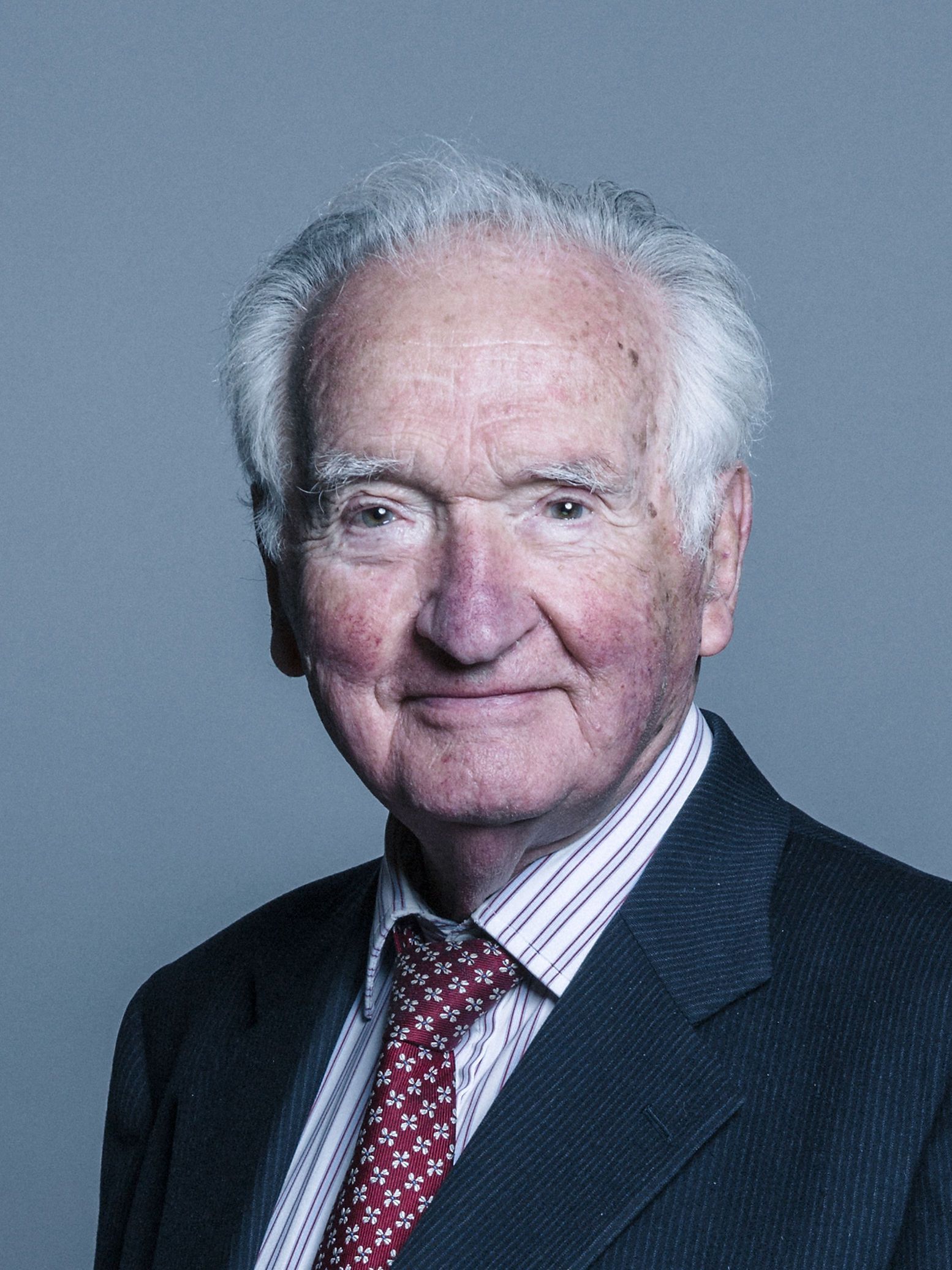1993
Our President in 1993/4 was:
The Right Hon. The Lord Mackay of Clashfern
He proposed the Toast to Sir Walter at our 85th Annual Dinner on Friday 4th March 1994 in The Balmoral Hotel
Download the [transcript] or read the [bulletin]
Summary of the Speech:
Lord Mackay of Clashfern’s address blends personal gratitude with a deeply reflective and scholarly meditation on the legacy of Sir Walter Scott, particularly his influence on the American South before and during the Civil War.
Key Points:
1. Personal Reflections and Club Tribute:
- Mackay expresses surprise and honour at being elected President in the Club’s centenary year, highlighting the prestigious lineage of Lord Chancellors who preceded him.
- He singles out the Earl of Selkirk among the guests and pays tribute to Allan Frazer and the Club’s enduring efforts to keep Scott’s legacy alive.
2. Thematic Focus – "Scott and the Old South":
- Drawing on Shelby Foote’s Civil War trilogy and Eugene Genovese’s essays, Mackay explores how the antebellum South saw Scott as embodying ideals of chivalry, feudalism, and honour.
- He discusses the anecdote of Jefferson Davis invoking Scott and Byron even as he fled the crumbling Confederacy in 1865.
3. Central Questions Explored:
- Did Scott’s ideals weaken the South by promoting a morally outdated and impractical code of honour?
- What precisely did the Old South see in Scott’s works?
- Why blame Scott for the South’s defeat, ignoring material, military, and political causes?
4. Historical and Socioeconomic Context:
- The South was less industrial, more agrarian, and heavily reliant on slavery, lacking the North’s manpower and resources.
- Despite this, Southern morale and cultural cohesion helped sustain a surprisingly tenacious war effort.
5. Literary Parallels and Interpretations:
- Mackay compares Southern plantation aristocracy to Highland clan leaders in Waverley and feudal lords in Ivanhoe, showing how these figures in Scott’s fiction often misjudge social change and suffer defeat.
- He reads Ivanhoe as a critique of chivalric excess, with Rebecca serving as a moral voice exposing its cruelty and futility.
- Waverley is portrayed as a Bildungsroman in which the protagonist matures through balancing romantic idealism with civic responsibility—something the South, Mackay argues, failed to do.
6. Reassessment of Blame:
- He questions whether Scott’s influence can really be held responsible for the South’s defeat, noting that Scott was equally popular in the North.
- Scott’s psychological realism, rather than romantic glorification, is emphasised.
- He delivers a verdict of "not guilty", suggesting the South misread Scott’s moral nuance.
7. Conclusion and Tribute:
- Lord Mackay finishes by quoting Jefferson Davis’s haunting last words to a journalist: “Tell the world that I only loved America.”
- He adds a personal tribute to Principal Elect Stewart Sutherland of the University of Edinburgh, likening him favourably to Principal Irvine of St Andrews.
Interesting Points:
- The speech offers a rare transatlantic cultural critique, treating literature as an active agent in shaping historical consciousness.
- It draws on Waverley, Ivanhoe, The Lay of the Last Minstrel, and historical memoirs with thoughtful intertextuality.
- The address shows how Scott's nuanced portrayals of honour, failure, and moral ambiguity were flattened into idealised myths by Southern readers.
- The verdict of “not guilty” serves both as a defence of Scott and a critique of misappropriation of literature for ideological purposes.
Download the [transcript] or read the [bulletin]



